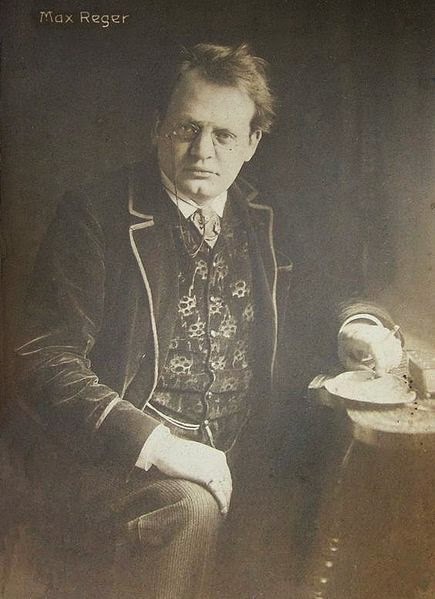The German Max Reger was born in Brand, Fichtelgebirge on March 19, 1873.
Reger experienced an incredible career up to becoming Court Conducter in Meiningen/Germany. The daily contact with a proficient orchestra trained Reger's sense, mind and meaning for colorful instrumentation.
As piano virtuoso, Reger sent his listeners into raptures because of a wonderful fine and delicate finger touch.
In my opinion Reger is the most unterrated piano composer ever. "Varations and Fugue on a theme by Bach" is probably his most famous piano work. "Thinking in fugues" - that's why his organ compositions belong to German music treasures. But also his chamber music repertory remained as unsurpassable rich. Even being a devote Catholic, Reger enriched also other creeds with varied church and organ music works.
Max Reger's lifestyle has been described as "full of deeply moral earnestness". He passed away in Leipzig on May 11, 1916.

